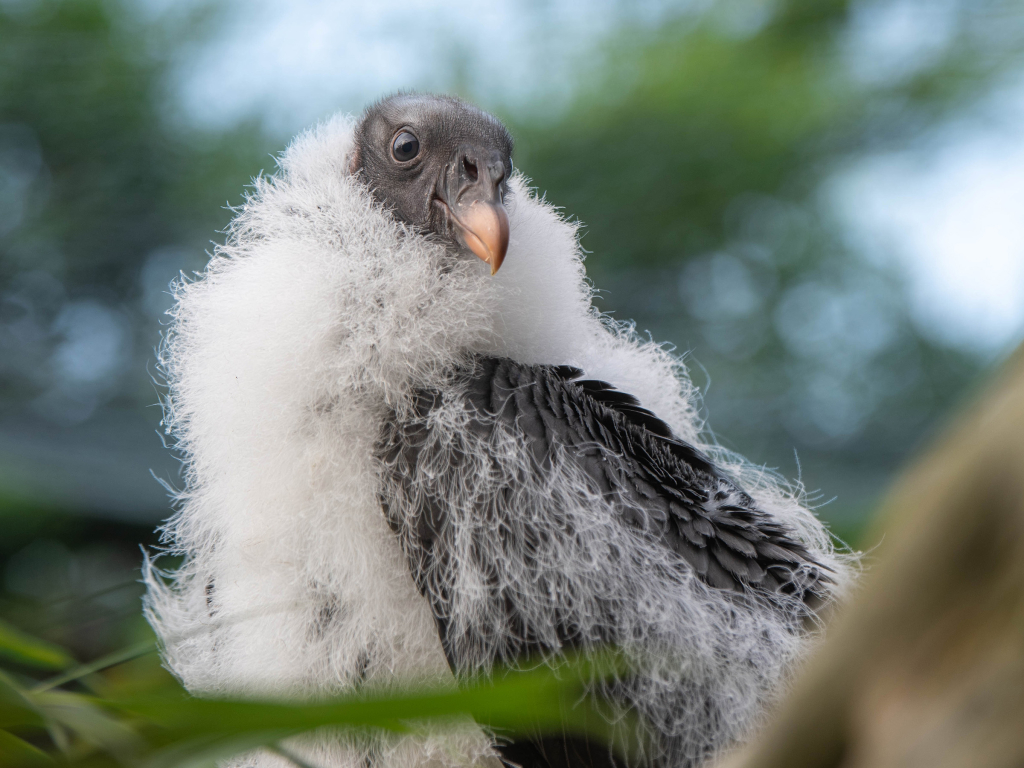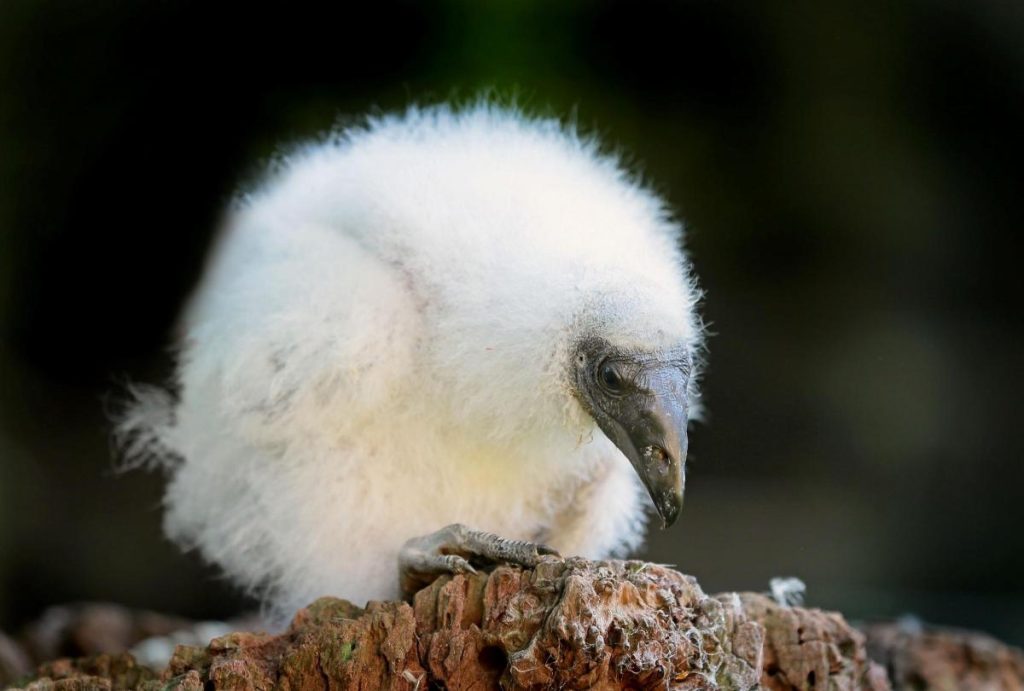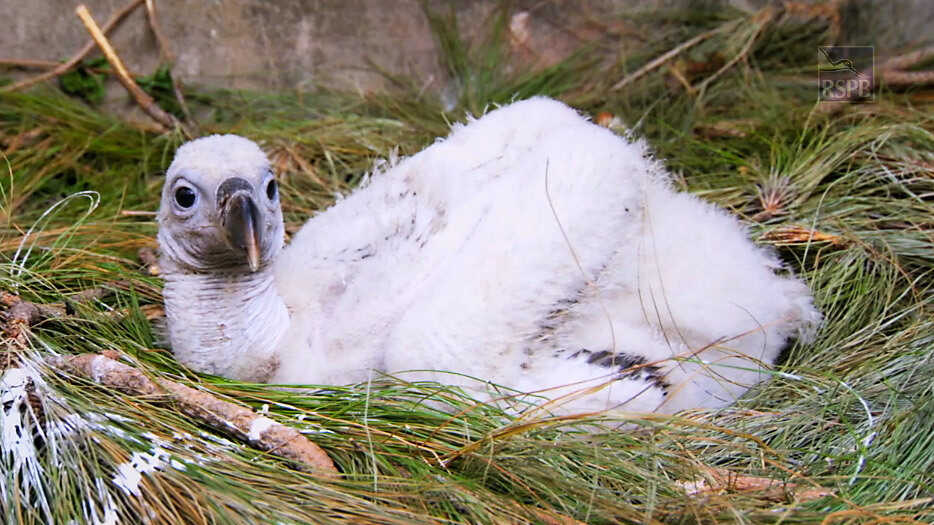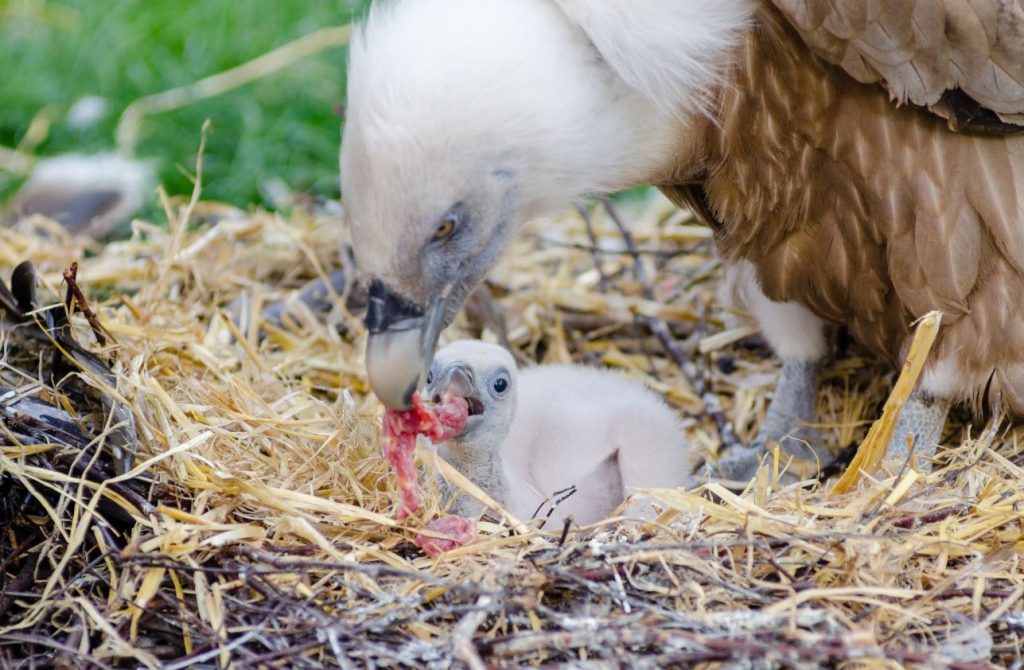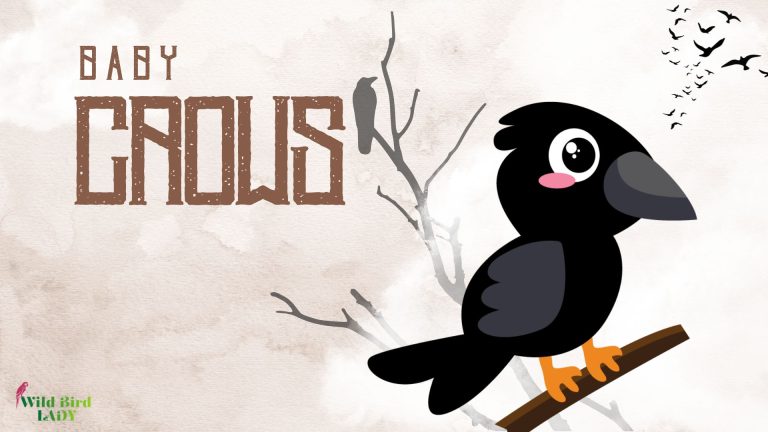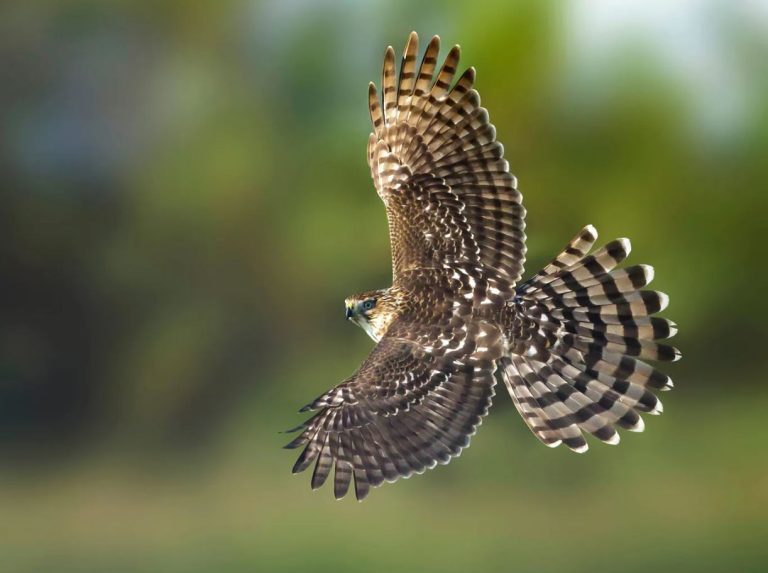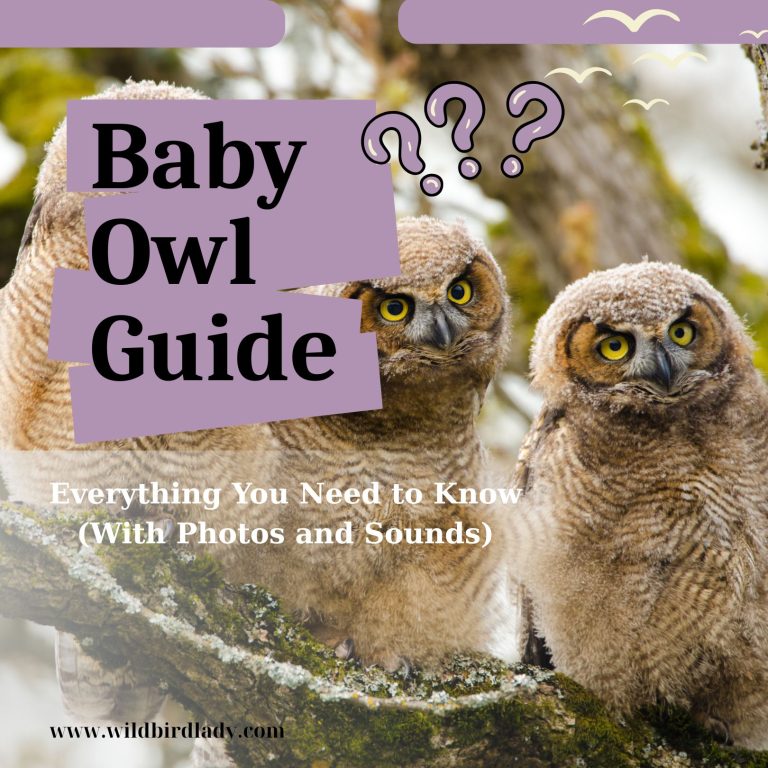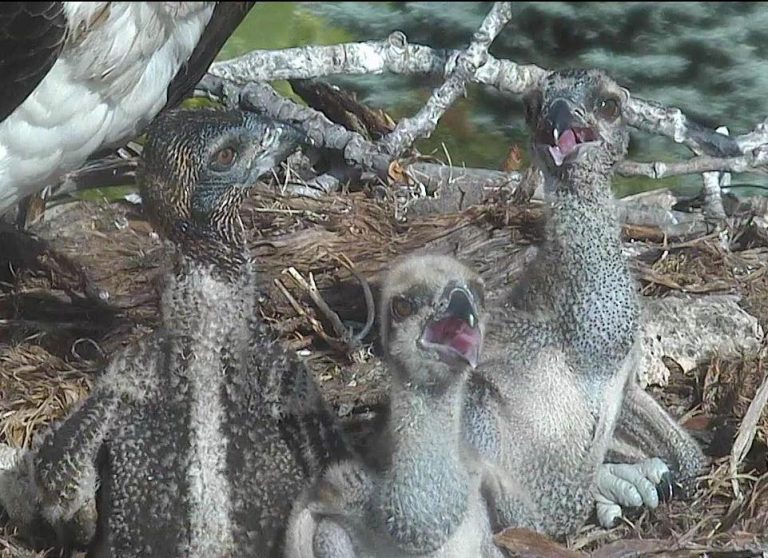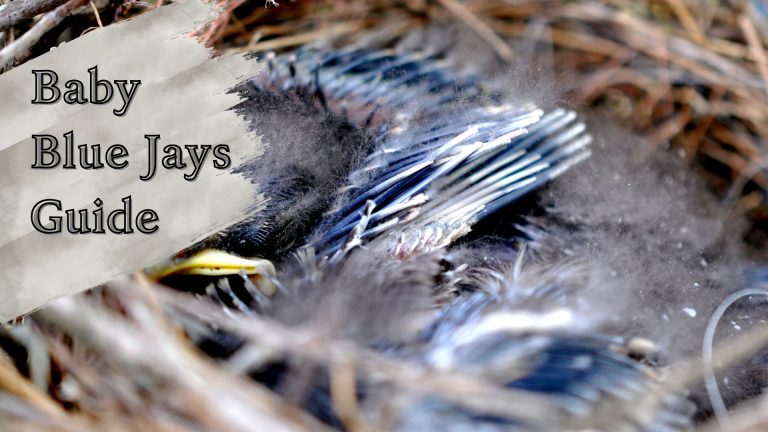Baby Vulture: Everything You Need to Know About These Fascinating Birds
When you think of a baby bird, images of chirpy, fluffy chicks might come to mind. But baby vultures? They’re in a league of their own—enigmatic, scruffy, and remarkably resilient. Often misunderstood due to the vulture’s association with death, baby vultures are actually fascinating creatures that deserve a closer look.
In this article, I’ll take you through the life of a baby vulture—from egg to fledgling—exploring their appearance, nesting behavior, diet, development, and more. Whether you’re a birdwatcher, wildlife lover, or just curious, this guide will give you a deep understanding of these often-overlooked young birds.
What Is a Baby Vulture Called?
A baby vulture is called a chick, just like most young birds. Before hatching, it’s referred to as an egg or embryo. Once hatched, it remains a chick until it grows feathers and starts flying, at which point it becomes a juvenile vulture.
Vulture Species That Nest in North America
There are two main species of vultures in North America:
- Turkey Vulture (Cathartes aura)
- Black Vulture (Coragyps atratus)
Both species have similar nesting habits and chick development, though some differences exist in diet and social behavior.
Where Do Vultures Lay Eggs?
Unlike many birds, vultures don’t build elaborate nests. Instead, they often lay eggs in:
- Caves
- Hollow logs
- Abandoned buildings
- Rocky outcrops
- Ground depressions
Vultures prefer secluded, hidden sites with little human disturbance. According to the Cornell Lab of Ornithology, turkey vultures often return to the same nesting site year after year.
What Do Vulture Eggs Look Like?
Vulture eggs are typically:
- Off-white to pale cream
- Speckled with brown or gray spots
- Around 2.5 to 3 inches in length
A typical clutch contains 1–3 eggs, though two is most common.
Baby Vulture Appearance: What Do They Look Like?
Baby vultures look nothing like their adult counterparts. At birth:
- They’re covered in white or pale gray down.
- Their eyes are closed or barely open.
- Their necks are short, and they have stubby beaks.
- They’re blind, helpless, and silent for the first few days.
Despite their ungainly appearance, baby vultures are surprisingly hardy and grow rapidly.
Hatching and Early Days
Vulture eggs incubate for 28 to 41 days, depending on species. Both parents share incubation duties. Once hatched:
- The chicks remain in the nest for over 60–80 days.
- They’re brooded (kept warm) constantly in the early days.
- Parents are highly attentive and regurgitate food directly into their mouths.
Sibling competition is minimal—unlike raptors such as eagles, vultures are known for cooperative chick-rearing.
What Do Baby Vultures Eat?
Baby vultures eat regurgitated carrion provided by their parents. The adult vultures feed on carcasses and partially digest the meat before bringing it back to the nest.
Their diet includes:
- Roadkill
- Dead mammals (deer, raccoons)
- Dead birds
- Livestock remains (in rural areas)
They do not hunt live prey. As scavengers, vultures perform essential ecosystem services by cleaning up dead animals.
How Are Baby Vultures Fed?
Feeding is done via regurgitation. The adult vulture vomits partially digested meat into the chick’s mouth. This process continues several times a day until the chick is old enough to tear and swallow pieces on its own.
According to the Audubon Society, vultures’ stomach acid is so corrosive it can neutralize diseases like anthrax and botulism, which makes their regurgitated food safer for chicks.
Growth Timeline: From Hatchling to Fledgling
Here’s a general breakdown of the growth stages:
- 0–2 weeks: Eyes open, downy feathers develop.
- 2–4 weeks: Rapid weight gain, vocalization begins.
- 4–6 weeks: Wing flapping and muscle development.
- 6–8 weeks: Feather growth replaces down; chicks begin exploring the nest area.
- 8–12 weeks: Flight feathers mature, and chicks prepare for first flight.
By 10–12 weeks, baby vultures are ready to fledge (leave the nest) but may still rely on parents for food for several more weeks.
When Do Baby Vultures Leave the Nest?
Baby vultures typically fledge between 9–11 weeks of age. However, even after fledging, young vultures stay close to their parents for guidance. They may be seen perching together on roosts or feeding from shared carcasses.
Predators and Threats to Baby Vultures
While adult vultures are large and not commonly preyed upon, baby vultures face several threats:
- Predators: Raccoons, foxes, snakes, feral cats
- Human interference: Nest disturbance, habitat loss
- Poisoned carrion: Secondary poisoning from lead, pesticides, or veterinary drugs like diclofenac (a major vulture killer in Asia)
Chicks left unattended for too long may also fall victim to hypothermia or starvation.
Conservation Status and Importance
While turkey and black vultures in North America are relatively stable, vultures globally are in crisis.
For example:
- Over 95% of vulture populations in India have declined due to diclofenac poisoning (BirdLife International).
- Vultures in Africa face poaching and habitat degradation.
- North American vultures face lead poisoning and vehicle collisions.
Vultures play a vital ecological role by preventing the spread of disease and maintaining a balanced ecosystem.
Fascinating Facts About Baby Vultures
- Baby vultures don’t defecate in their nests. Instead, they back up and poop over the edge to keep their living area clean.
- They make hissing and grunting sounds, not the iconic “screeches” seen in movies.
- Vultures have no vocal cords, so both adults and chicks communicate through body language and simple sounds.
- Chicks can project vomit as a defense mechanism—yes, it smells as bad as it sounds!
How You Can Help Vultures Thrive
Here are ways you can support vultures and their young:
- Avoid using lead-based ammunition (lead bullets poison scavengers).
- Report poisoned carcasses to wildlife agencies.
- Support vulture conservation programs like The Peregrine Fund or Vulture Conservation Foundation.
- Educate others: Help change the negative perception of vultures as dirty or evil.
If you find a grounded baby vulture, do not handle it. Call your local wildlife rescue organization.
Final Thoughts
Baby vultures may not win any beauty contests, but their role in the natural world is as profound as it is misunderstood. These downy chicks grow into one of nature’s most efficient clean-up crews, helping keep our ecosystems healthy and disease-free.
As birdwatchers and nature lovers, it’s our responsibility to understand and protect all birds—including the less glamorous ones. Because without vultures, we’d have a much dirtier world to live in.
Baby Vulture – FAQ
1. What is a baby vulture called?
A baby vulture is called a chick. Once it fledges and grows juvenile feathers, it’s referred to as a juvenile vulture.
2. What do baby vultures look like?
Baby vultures are covered in white or gray down feathers, have closed or barely open eyes at birth, and appear quite scruffy compared to adult vultures. As they grow, they gradually develop dark flight feathers.
3. What do baby vultures eat?
Baby vultures are fed regurgitated carrion by their parents. The adults consume dead animals and partially digest them before feeding the softened meat to their chicks.
4. How long do baby vultures stay in the nest?
Most baby vultures remain in the nest for 9 to 11 weeks before fledging. Even after they fledge, they often continue to depend on their parents for several more weeks.
5. Where do vultures nest?
Vultures don’t build nests in trees. Instead, they choose secluded locations like caves, hollow logs, cliffs, or abandoned buildings. These spots provide protection from predators and human disturbance.
6. Are baby vultures aggressive?
No, baby vultures are not aggressive by nature. However, when threatened, they may hiss or vomit as a defense mechanism.
7. Can you feed a baby vulture if you find one?
You should never attempt to feed a baby vulture. They require a specific diet and feeding technique. If you find one in distress, contact a licensed wildlife rehabilitator immediately.
8. Do both parents take care of the baby vulture?
Yes. In species like the turkey vulture and black vulture, both parents share responsibilities like incubation, brooding, and feeding the chick.
9. Are vultures endangered?
In North America, species like the turkey vulture are stable. However, many vulture species worldwide are critically endangered due to poisoning, habitat loss, and poaching (BirdLife International).
10. Why are vultures important, even as chicks?
Even as chicks, vultures represent the next generation of nature’s clean-up crew. By consuming carrion, vultures prevent the spread of diseases like rabies and anthrax, making them vital to ecological health.

